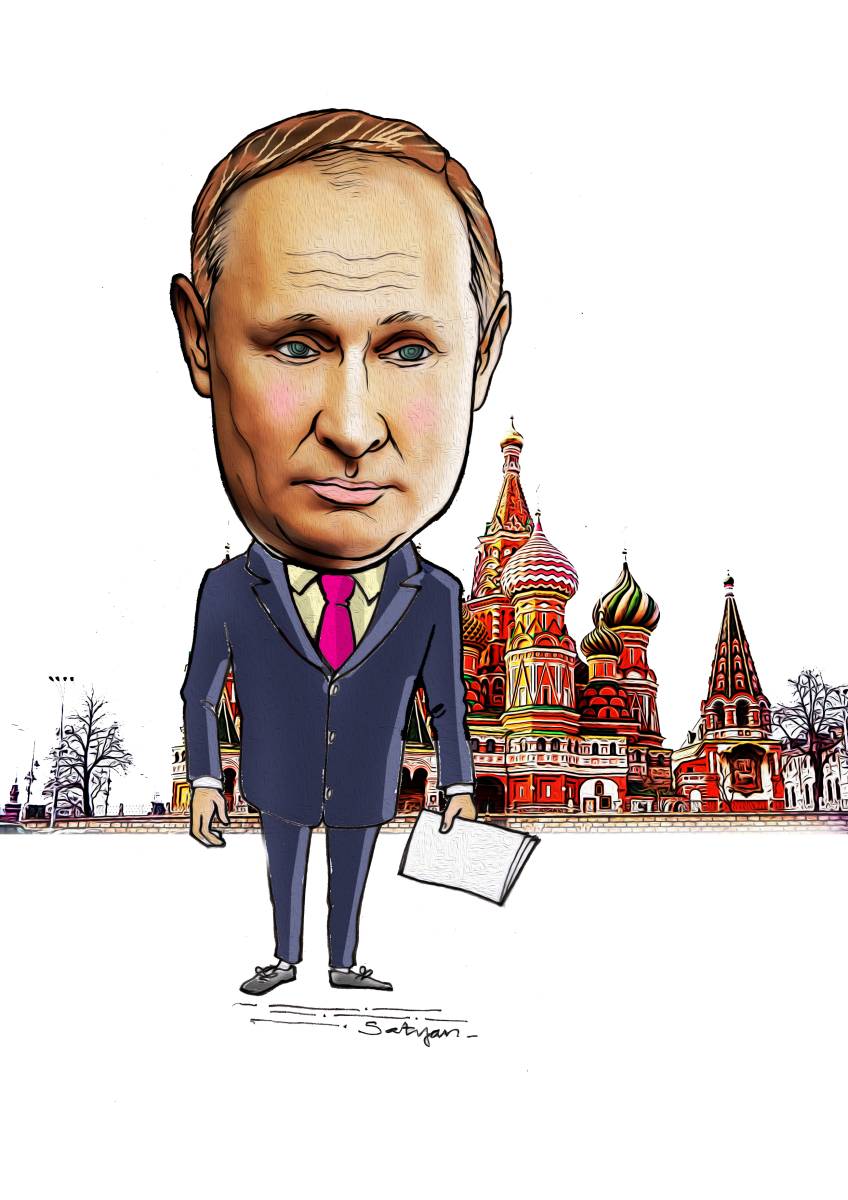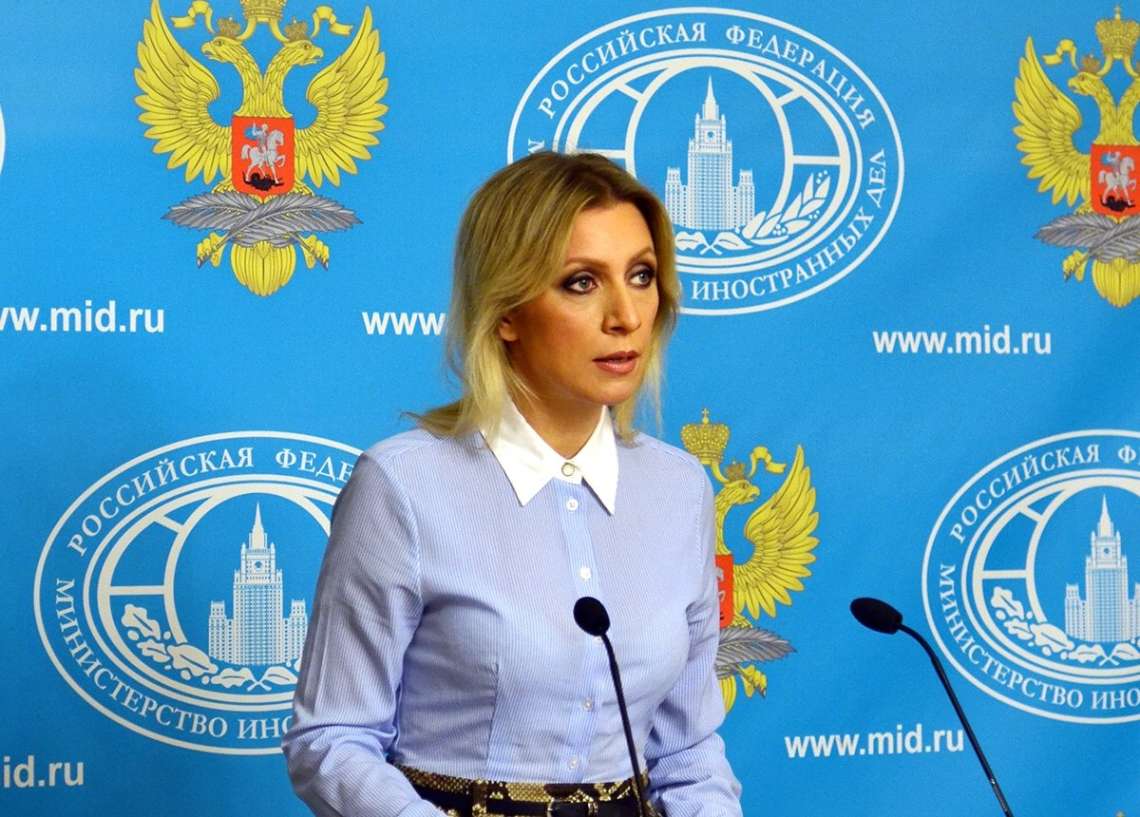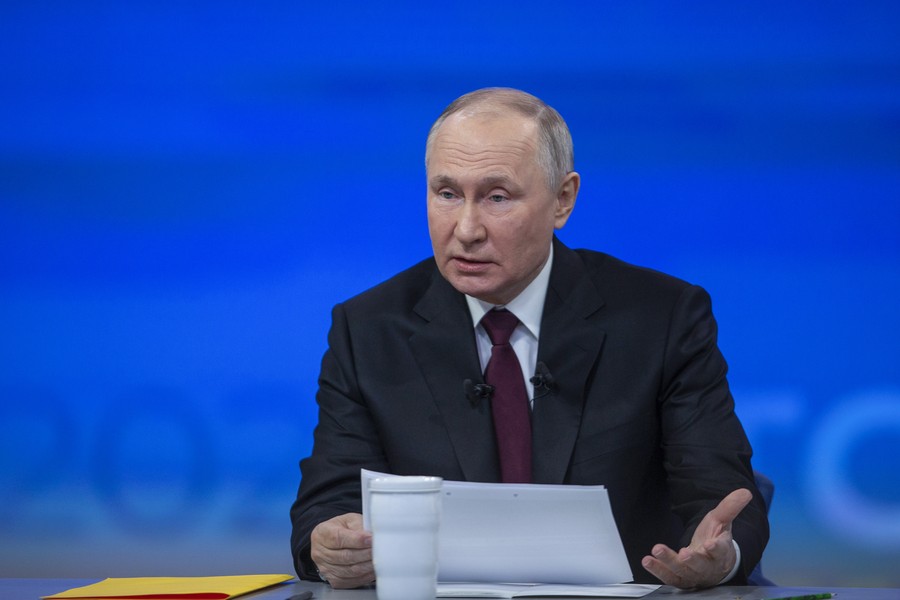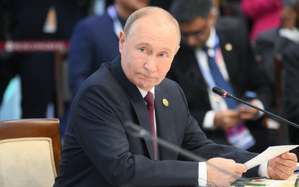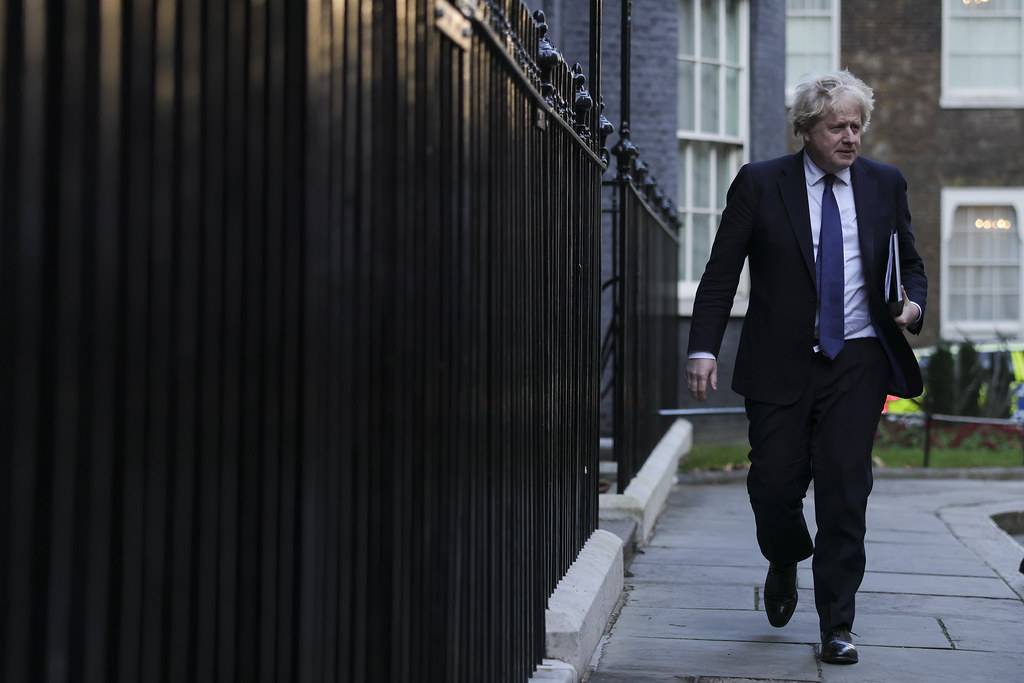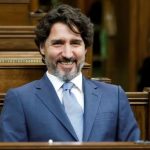In 1993, Russian President Boris Yeltsin wrote to US President Bill Clinton saying any further NATO footprint eastward would breach the spirit of the 1990 treaty…reports Ashish Ray
The historical reason for Russian President Vladimir Putin’s invasion of Ukraine is his firm belief that the West, particularly the western military alliance North Atlantic Treaty Organisation (NATO) and the United States, violated the spirit of a 1990 treaty with Russia, and thereby betrayed it.
Putin, addressing the Munich Security Conference in February 2007, said: “One state, the United States, has overstepped its national borders in every way…. We’re witnessing the untrammelled use of the military in international affairs.” He was referring to NATO’s post-Cold War expansion into former Warsaw Pact countries like Poland and Czechoslovakia (now split into the Czech Republic and Slovakia), which used to be under the Soviet Union’s wings before the collapse of communism in 1989-90.
A recent book by historian Mary Elise Sarotte, “Not One Inch: America, Russia and the Making of the Cold War Stalemate”, catalogues private dialogue between Moscow and the West. The writer concludes that on paper NATO forces were not prevented from expanding to Eastern Europe to the borders of Russia, but that this was a recipe for conflict. In fact, Russian drafts of treaties to reverse NATO’s extension eastwards were placed on the table as recently as last month at a NATO-Russia Council meeting.
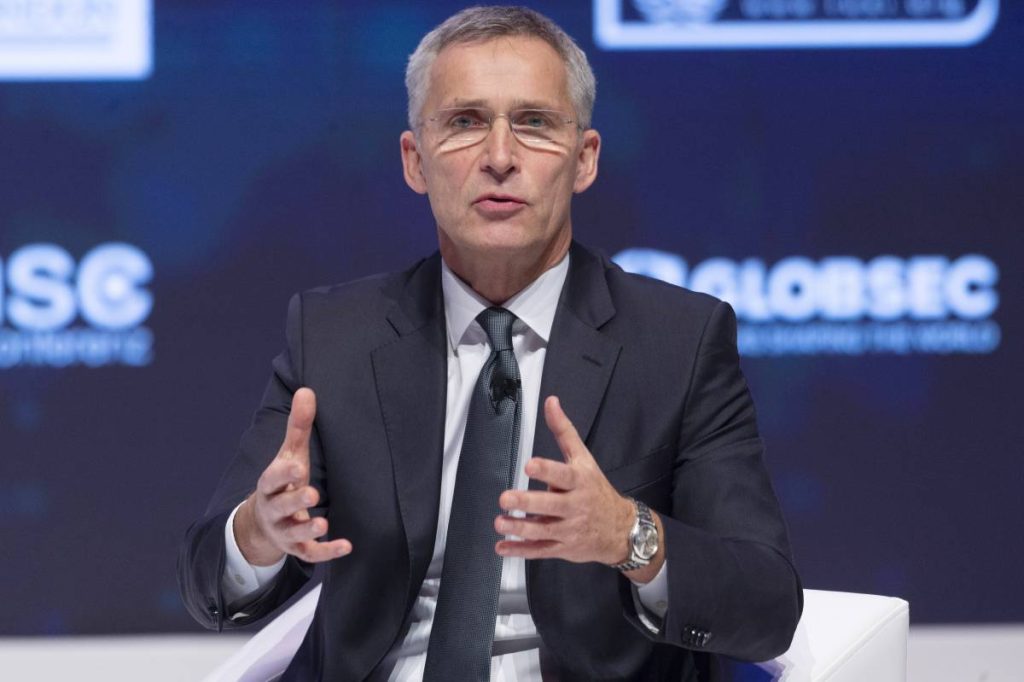
Putin claims then US President George H.W. Bush’s secretary of state James Baker on February 9, 1990 promised Soviet leader Mikhail Gorbachev that NATO would not move to Warsaw Pact countries if Russia accepted East and West Germany’s reunification. German Chancellor Helmut Kohl apparent went a step further by indicating to Gorbachev that NATO could not even spread to ‘the GDR’ (German Democratic Republic or East Germany). On May 17 of the same year, NATO Secretary General Manfred Worner echoed this pledge. The British Guardian newspaper wrote: “In his memoirs, Gorbachev described these assurances as the moment that cleared the way for compromise on Germany (being reunited).”
But the promises were never converted into a formal, written pact. However, the final signed agreement in September 1990 on reunifying Germany contained an addendum which permitted non-German NATO troops stationed in West Germany to cover East Germany (hitherto east of the ‘Iron Curtain’) as well.
The Guardian illustrates that in March 1991 British Prime Minister John Major was asked by the Russian Defence Minister Marshall Dmitry Yazov about Eastern Europe’s interest in seeking NATO membership. “Major, according to the diaries of the British Ambassador to Moscow, Rodric Braithwaite, assured him ‘nothing of that sort will ever happen’,” the paper cites.
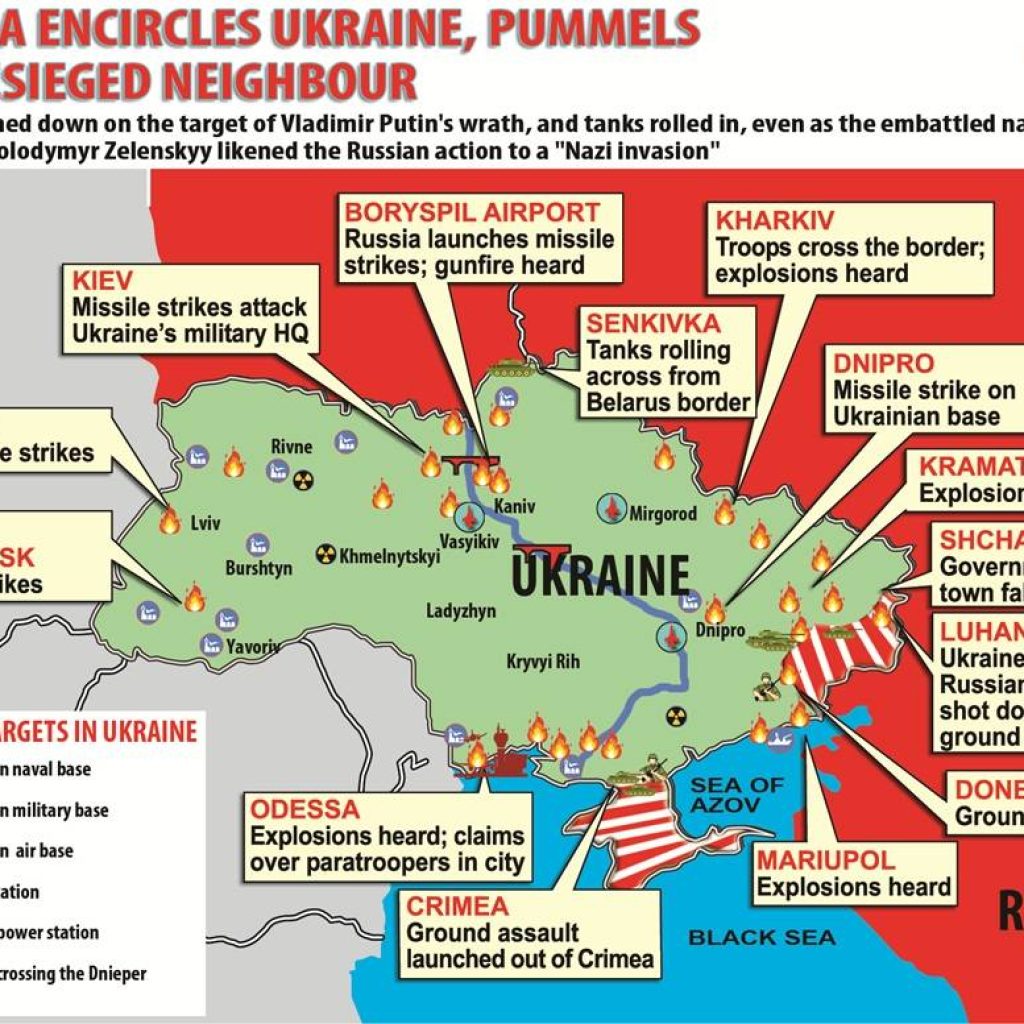
In 1993, Russian President Boris Yeltsin wrote to US President Bill Clinton saying any further NATO footprint eastward would breach the spirit of the 1990 treaty. Thereafter, in 1997 at the juncture of the NATO-Russia treaty to forge an alliance, Russian Foreign Minister Yevgeny Primakov once more flagged Baker’s alleged duality.
Meanwhile, however, Yeltsin in August 1993 conceded to the Polish leader Lech Walesa Poland’s right to join NATO. At that point Russia foresaw potentially becoming a member of NATO. The US was opposed to this, but seemingly kept Russia in suspense.
ALSO READ-Ukraine to send delegation for talks


